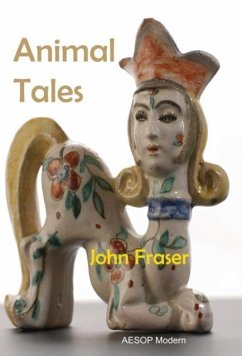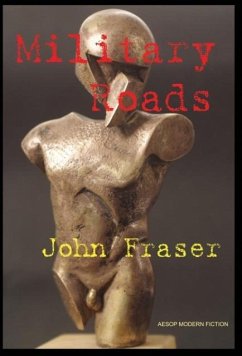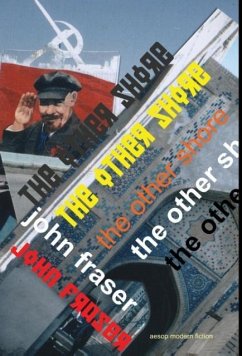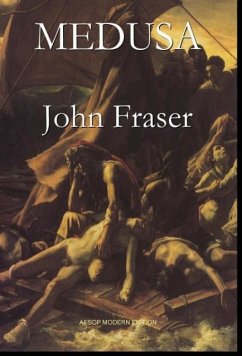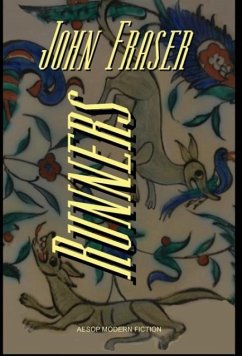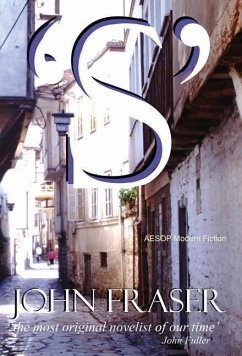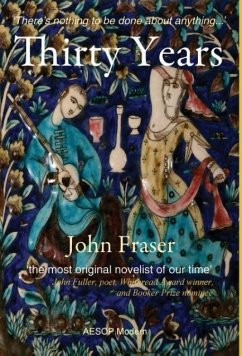The theme of the three stories that make up John Fraser's brilliant new literary tour de force 'Animal Tales' is sacrifice. Sacrifice for others, for those close to one, or as a once-religious, generalised act. The context is a nature 'personalised' in the form of its animals - animals as the screen on which humans project their aspirations and their failures. In the first tale, the female protagonist suffers a series of disappointments - in her art, her civilisation, and the violation of her body. There remains for her only the self-denial and cleansing of consumption by an animal. In 'The White Room', the hero betrays trusts and friendships, culminating in the seduction of his friend's wife. The gift of an animal seems to unload the guilt and treachery on to the beast itself. The Guardians are the fantastic terra cotta animals that guard Chinese tombs. A powerful boss tries to salve his soul through a deal with nature. Only the lifeless guardian statues hide the void, however. The living animals are let down - along with the humans themselves.
Hinweis: Dieser Artikel kann nur an eine deutsche Lieferadresse ausgeliefert werden.
Hinweis: Dieser Artikel kann nur an eine deutsche Lieferadresse ausgeliefert werden.

